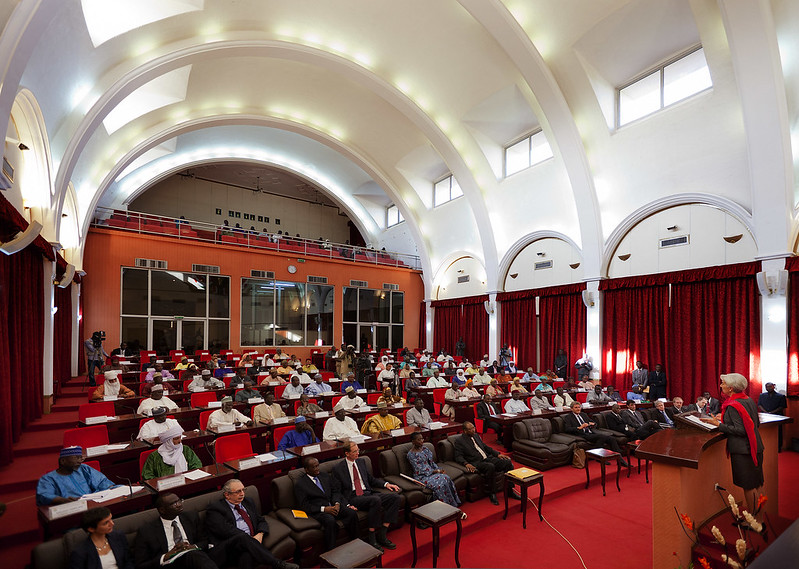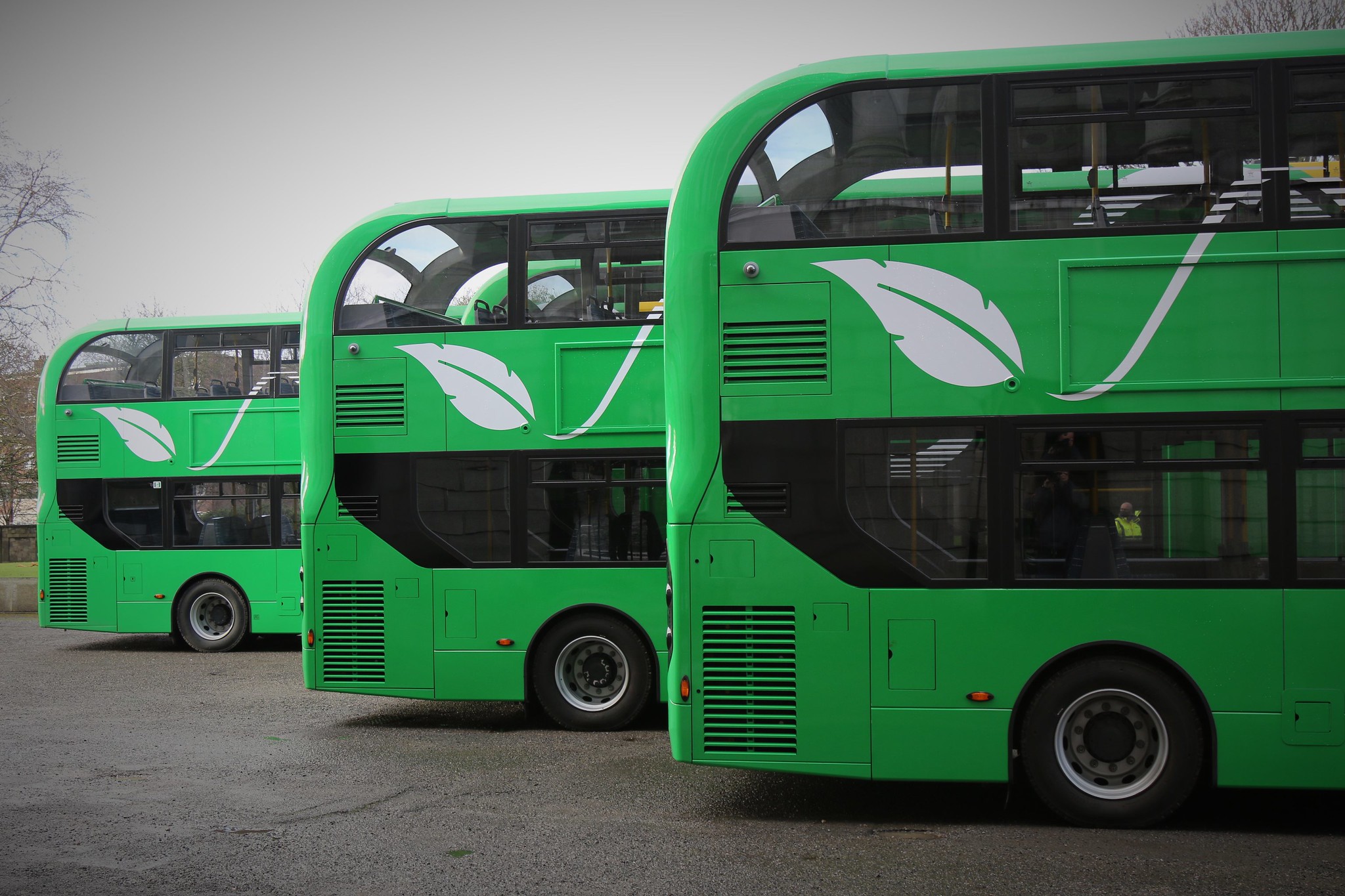The dispute between labour unions and the Nigerian government has been lingering for weeks. Although an agreement is likely, the country still faces harsh economic conditions, writes Uche Igwe.
On 3 June, Nigerians in major cities woke up to deserted roads lined with barricades flying the flags of labour unions and manned by members chanting solidarity songs. The Nigeria Labour Congress, the country’s umbrella organisation for workers, had embarked on an industrial action to demand an increase in the minimum wage. The action took place after the negotiations with the government broke down. The exercise disrupted economic activities, including the shutdown of all domestic and international flights, which resulted in thousands of passengers being stranded across the country. The striking workers shut down the national grid for more than twenty-four hours, throwing the country into utter darkness without electricity. Media reports estimate the economy lost 148.8 billion naira (£7.9 million) in one day.
Minimum versus living wage
The strike action centres around the debate as to whether Nigerian workers get the government to commit to pay what they regard as a minimum wage. This is a minimum amount an employer is required to wage earners for work performed during a given period. This is different from a living wage which is a wage level that is necessary to afford a decent standard of living for a worker. The unions currently demand that their wages be increased from 30,000 naira (£16) to 500,000 naira (£268) a month, a 1500 per cent increase.
The last time the minimum wage was reviewed was in 2019. It was raised to 30,000 naira per month. As part of the ongoing negotiations, the central government has agreed to an increase of up to 62,000 naira (£33). However, the state governors have opposed the offer, insisting it is too high and unsustainable.
Nigeria’s Federal Constitution allows revenue from crude oil sales, the country’s primary foreign exchange earner, to be collected centrally and distributed among federating units according to an agreed formula. While many states like Lagos and Rivers may be able to pay improved wages to their workers, others like Imo and Kogi have been struggling to pay even what was agreed in 2019.
The removal of subsidies in fuel and electricity tariffs has increased the cost of living across Nigeria. Continuing insecurity, recurrent clashes between farmers and herders, banditry and kidnapping have made farmlands inaccessible. As a result, food inflation has risen to an all-time high figure. Wages are not going as far as they used to.
Government spending and precarious employment
It is not for lack of resources in Nigeria that workers are not being paid well. The country is still Africa’s second-largest oil producer, behind only Libya. The government recently removed citizen’s oil subsidies, which has improved government revenue. Yet instead of reinvesting this money, most of the resources are lavished on funding the extravagant lifestyle of politicians and government appointees.
Despite the harsh living conditions in which the majority of Nigerians live, the 2024 budget allocated almost 10 billion naira (£5.3 million) for domestic and international travel for the President and Vice President while another 14 billion naira (£7.5 million) was allocated in the supplementary budget 2023 for the renovation of their official quarters.
As negotiations continue, the Nigeria Employers’ Consultative Association has urged the panel to focus on job creation and job security rather than a higher minimum wage for fear that the latter may lead to the collapse of businesses.
After surviving the Covid-19 pandemic, many small firms have been struggling to survive. Their situation worsened with the rising cost of doing business due to the removal of subsidies from fuel and electricity alongside a volatile exchange rate.
Nigeria’s central bank recently increased the interest rate to 24.75 per cent, further accelerating inflation. With a likely increment in their wage bill, many argue that to stay afloat they will have to love staff from the payroll. This will increase unemployment and deepen poverty, creating more desperation and discontentment.
No end in sight for economic woes
Even with the potential increase in the minimum wage for Nigerian workers, the economic challenges that have plagued the country may not be resolved in the near future. Under the current leadership of President Bola Tinubu, the situation has worsened, with a series of economic policies that have led to harsher realities for ordinary people.
There are potent fears of inflation and massive job cuts on the horizon. The deteriorating security situation and the high cost of basic commodities have left many citizens alarmed. Between 2020 and 2022, 21.3 per cent of Nigeria’s population experienced hunger. According to data from the World Food Program, about 26.5 million people across Nigeria are projected to face acute hunger in 2024. The dialogue on the minimum wage needs to be both pragmatic and inclusive to minimise unexpected consequences and address these pressing economic issues.
Photo credit: Emmanuel Ikwuegbu on Unsplash





